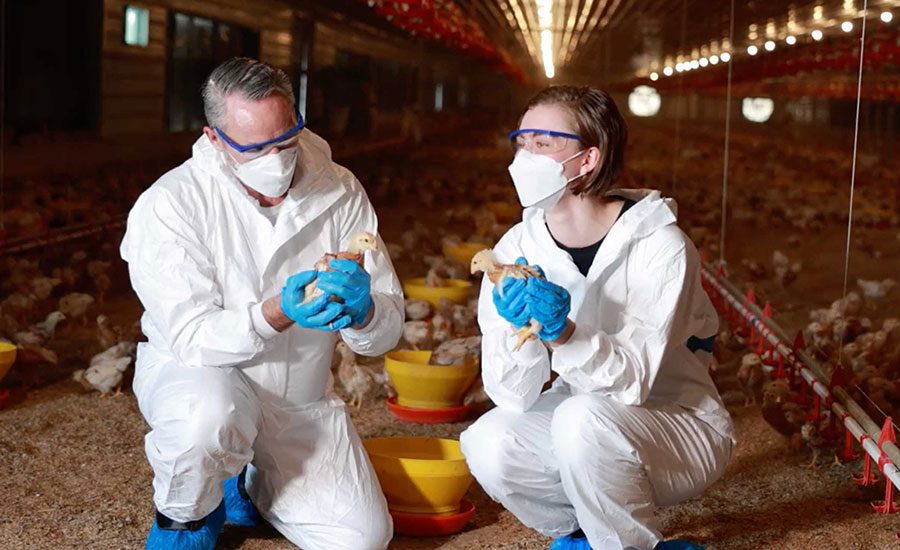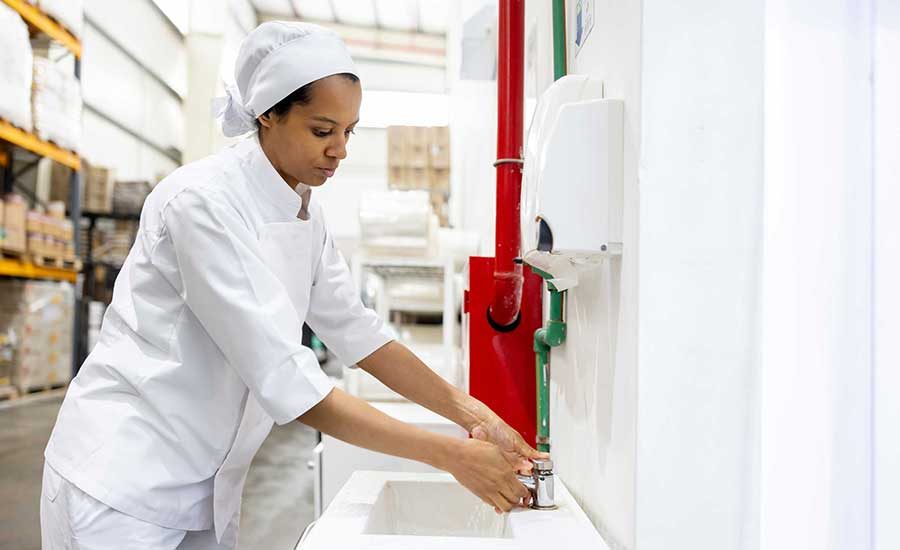This week, the World Health Organization (WHO) released its first ever list of antibiotic-resistant “priority pathogens”. The list--which was developed in conjunction with the Division of Infectious Diseases at the University of Tübingen, Germany--includes 12 families of bacteria that WHO believes poses the greatest threat to human public health--some of which are foodborne pathogens.
By publishing this list, WHO hopes to drive more focus toward the research and development of new antibiotics. WHO is currently focused on ways to fight global resistance to antimicrobial medicines.
"This list is a new tool to ensure R&D responds to urgent public health needs," says Dr. Marie-Paule Kieny, assistant director-general for health systems and innovation for WHO. "Antibiotic resistance is growing, and we are fast running out of treatment options. If we leave it to market forces alone, the new antibiotics we most urgently need are not going to be developed in time."
The list is divided into three categories--critical, high and medium priority--based on the urgency of need for new antibiotic solutions.
Critical priority includes multi-drug resistant bacteria that are a particular health threat in hospitals, nursing homes and among patients in need. Escherichia coli (E. coli). According to the U.S. Department of Health and Human Services, contaminated foods most commonly linked to E. coli illnesses include undercooked ground beef, unpasteurized milk, raw milk cheese, raw fruits and vegetables, and contaminated water.
High priority includes Staphylococcus aureus, Campylobacter and Salmonella--all foodborne pathogens. Staphylococcus is commonly transmitted via foods that are prepared by hand--salads, bakery products and sandwiches. Campylobacter is associated with raw and undercooked poultry, unpasteurized milk and contaminated water. Salmonella is mostly linked to contaminated eggs, poultry, meat, unpasteurized milk, cheese, spices, nuts and contaminated raw fruits and vegetables.
Medium priority includes Shigella, most commonly associated with hand prepared foods like salads and sandwiches, as well as contaminated raw vegetables.
G20 health experts are meeting this week to further discuss effective antibiotics for these and many other harmful pathogens.
Sign up for Food Safety Magazine’s bi-weekly emails!






